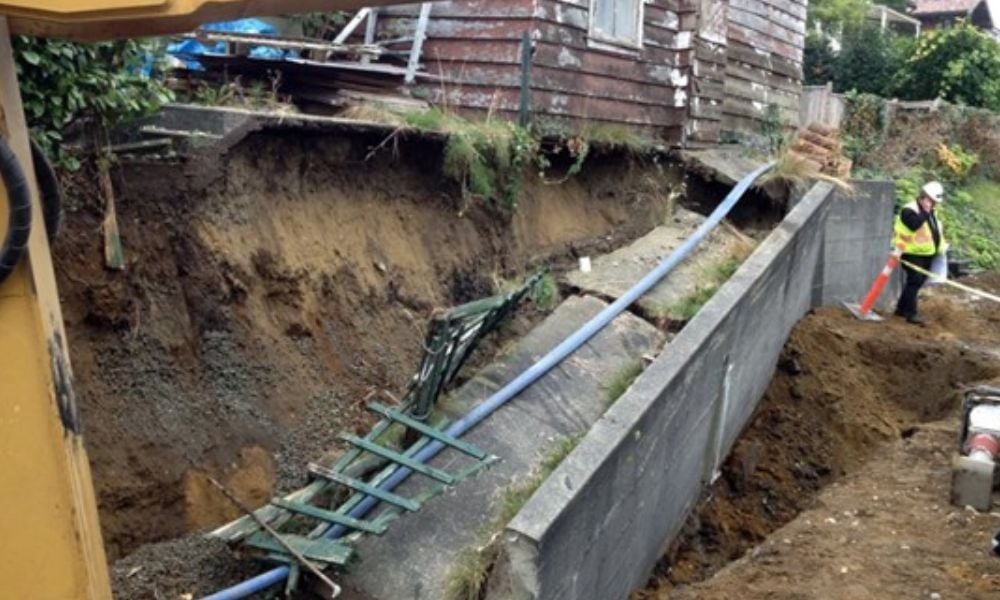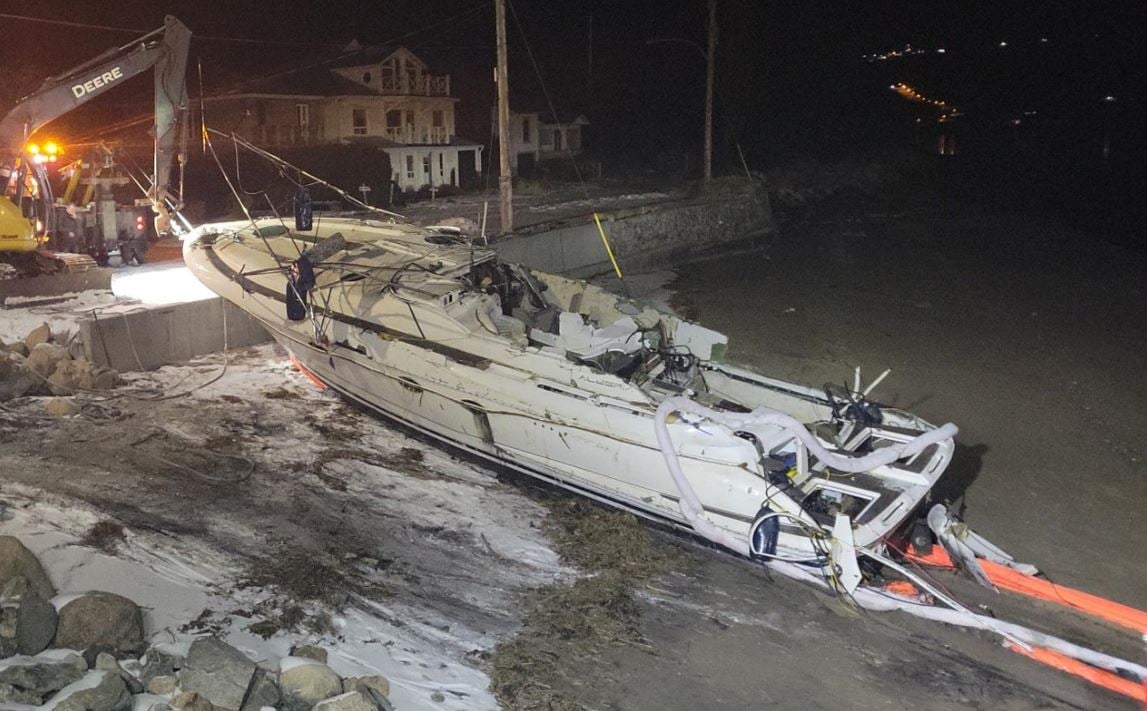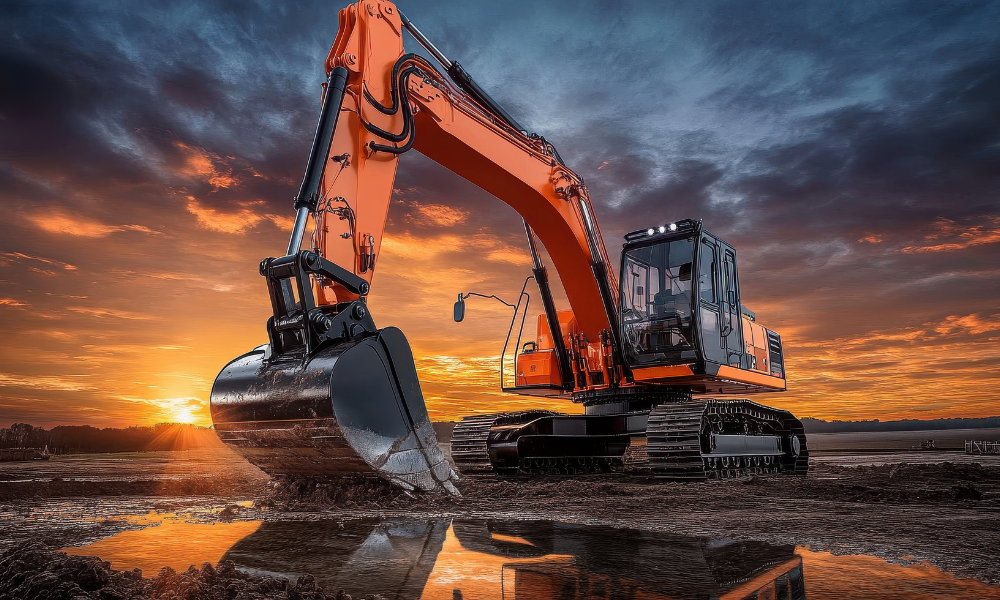Witness testifies 'all hell broke loose' in 'unusual' criminal negligence case

The high-stakes trial of foreman David Green and J. Cote and Son Excavating Ltd. is unfolding in British Columbia, with dramatic testimony and legal scrutiny bringing workplace safety practices to the forefront. The 2012 collapse of a retaining wall on a Burnaby sewer project killed 28-year-old pipelayer Jeff Caron and injured his colleague, Thomas Richer. Both Green and the company face charges of criminal negligence, marking a rare instance of applying Canada’s Bill C-45 in workplace fatalities.
Trial hears from injured worker
“All hell broke loose,” recalls Richer during his testimony, as reported by the Vancouver Sun. He describes hearing a frantic warning, “Get out of here, the wall is falling!” moments before the retaining wall collapsed. Richer claims he raised concerns about the trench's stability with Green multiple times, including just 10 minutes before the collapse. Richer alleges his warnings were dismissed. He says he was working in the trench out of fear of losing his job, even after earlier refusing due to safety concerns. “It didn’t look very structural to me,” he says.
Richer’s account highlights broader issues around worker empowerment and supervisory responsibility in hazardous conditions. Paul McLean is a partner at Mathews, Dinsdale & Clark LLP, a firm specializing in labour and employment law. He says foremen and supervisors hold a unique responsibility under occupational health and safety law. “Supervisors are tasked with ensuring the health and safety of workers, and failing to do so can result in criminal culpability, including jail time,” McLean explains.
Is the witness credible?
Defense lawyers aggressively challenged Richer’s testimony, questioning his recollections and credibility. During cross-examination, they referenced his criminal record and inconsistencies in his statements, particularly around whether the trench conditions had been reported accurately.
Richer also claims he told Jamie Cote, the president and owner of the company, that the trench was unsafe the day before the collapse. But Burnaby Now reports defence lawyer William Sharp suggests the conversation never happened and that Cote “wasn’t even in the country on Oct. 10.”
McLean notes, “the defense is entitled to challenge the recollections and credibility of witnesses. The judge will evaluate the evidence, including the demeanor and clarity of those testifying.”
Another significant twist arose when Richer claimed a WorkSafeBC transcript of his interview had been altered. However, the court confirmed the transcript’s accuracy, forcing Richer to retract his claim. Ryan Conlin, a partner at Stringer LLP, observes, “this introduces potential credibility issues for the Crown’s case, which could complicate proving the very high threshold of wanton and reckless disregard required for criminal negligence.”
Legal and regulatory implications
This trial is notable for its focus on criminal negligence rather than regulatory breaches. “There’s certainly been a movement from the provincial government and from WorkSafeBC to direct more serious or critical workplace incidents to criminal proceedings, as opposed to purely regulatory,” says McLean.
Conlin highlights the unique aspect of the case involving an engineer, who signed off on the trench’s stability and safety. “It strikes me as kind of an unusual criminal case...the court is really going to have to delve into what’s criminal negligence and what role an accused who consults a licensed professional, and that professional turns out to be negligent, plays.” The engineer has not been charged.
The trial is expected to continue for another 24 days.





